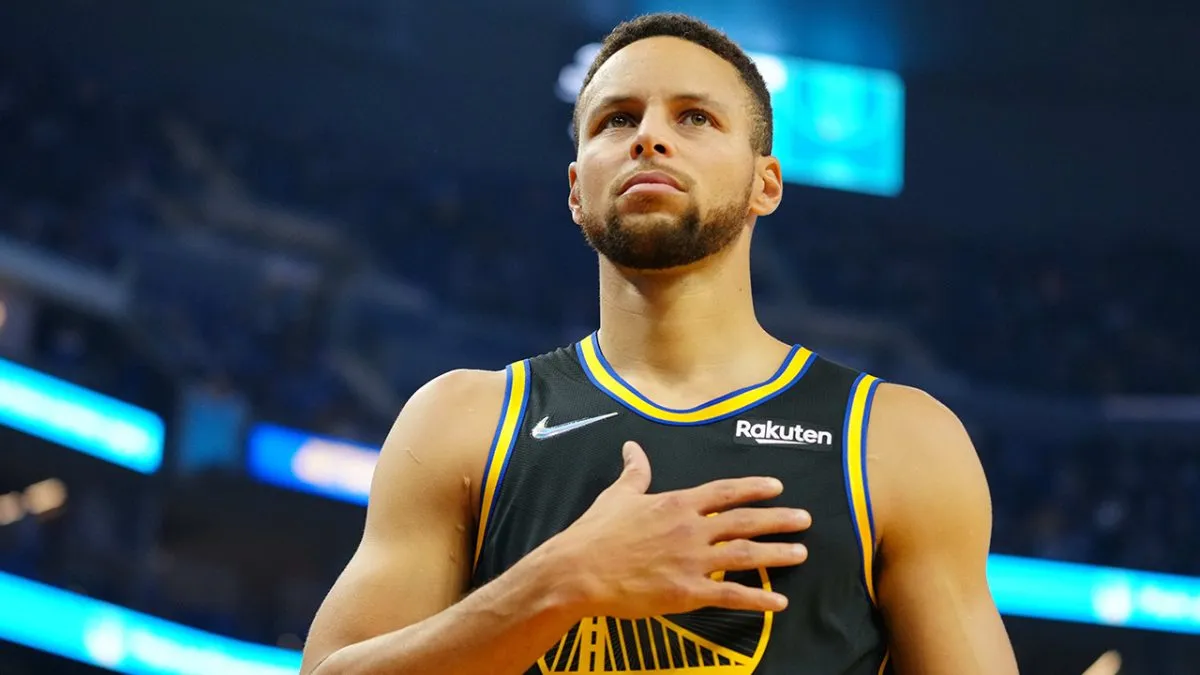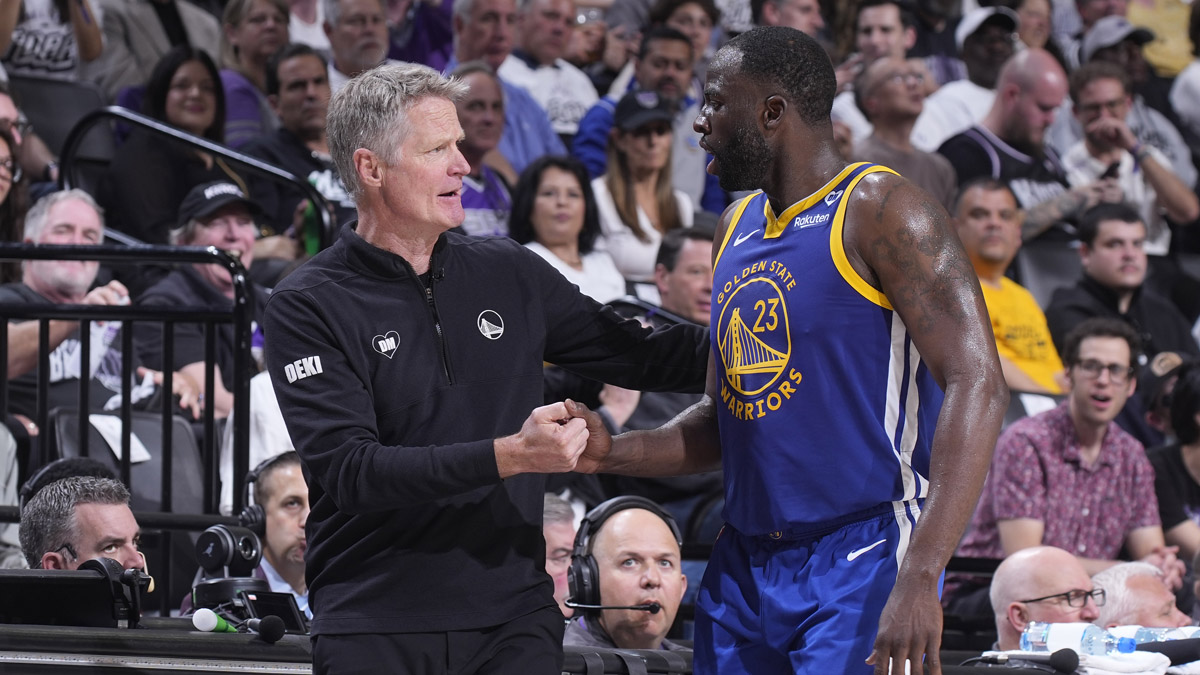Draymond Green was opinionated and animated Wednesday, which is not unusual because the three-time Warriors All-Star is a born firebrand. The surprise was the subject matter:
Women’s basketball, the WNBA in particular.
Specifically, he advocated next steps to address the massive pay gap between NBA players and WNBA players. Draymond addressed the issue last weekend in a series of tweets, but revisited the matter for a nearly nine minutes after practice in Miami.
Stay in the game with the latest updates on your beloved Bay Area and California sports teams! Sign up here for our All Access Daily newsletter.
“I’ve seen so many complaints recently of women talking about the pay gap between what we make and what they make,” Green began. “And I feel where they’re coming from. I know what I put into this, to be great. They put in the same time in that we put in. So, I understand what they’re saying . . .
“But I’m really tired of seeing them complain about the lack of pay because they’re doing themselves a disservice by just complaining.”
When NBC Sports Bay Area reporter Kerith Burke pointed out that what female athletes are doing go beyond complaining and toward rectifying inequality, Green demonstratively demurred and recommended those athletes aim higher.
“But they are (complaining), because they’re not laying out steps that they can take to change that,” he said. “So, it’s coming off as a complaint. Because the people that can change it, they’re just going to continue to say, ‘Well, the revenue isn’t there. The revenue isn’t there. So, if you don’t bring in the revenue, we can’t up your pay.’ They’re going keep using that.
Golden State Warriors
“But the reality is, as true as that is, it’s an excuse. Because everyone says, ‘We support women. We support women empowerment. We support women in the workplace. We do this for women, we do X for women, blah blah blah.’ And everyone uses it to their advantage.
Yet these women (athletes) are not using these people who are saying those very things to their advantage. So, then, it just becomes a complaint that falls on deaf ears because they’re going to use the same excuse.”
Fact is the average WNBA salary, slightly less than $100,000, is roughly 1.5 percent of the average NBA salary, which exceeds $7 million.
WNBA revenue is a fraction of that produced by the NBA, which is why Green is urging female athletes to target corporations that claim to be supportive equality for women.
“Well, how about all of these people that are running these big-time companies with these huge marketing dollars, these huge marketing budgets, put that money toward telling the story of Diana Taurasi?” Green asked.
“Like I said on Twitter, we know the story of LeBron James. We’ve heard it a million times. Do you think those stories don’t help the connection between a fan and understanding that player? It does. But no one puts the money toward the marketing of women. So, as great as Diana Taurasi is, you don’t know her story because these companies don’t put money toward marketing women.
“So, then, if they don’t put money toward marketing women, the revenue never grows,” he continued. “And it falls and deaf ears and comes across as a complaint because no one is going to act on it. If no one acts on it, and you keep saying the same thing over and over, it’s going to come off as a complaint – as opposed to holding these people accountable that say ‘We support women. Women empowerment this, we’re doing all of these things for Women’s Empowerment Month,’ but they don’t put their money behind it.”
It was evident that Green is disappointed, or displeased, not with WNBA players but with their inability to explore ways to generate revenue beyond the league.
His initial series of tweets drew a response from WNBA superstar Sue Bird, who applauded his passion and agreed with his sentiment but feel he is misplacing blame. Indeed, the NBA and WNBA should be active participants in this quest.
RELATED: How Warriors changed offensive plan in win vs. Bulls
Whenever a select group of people – gender, race, ethnicity, religion – is subjected to inequality, pointing it out to those with the power to generate change tends to be perceived as complaining.
Green is pleading with female athletes to take a more radical stance. To challenge not league authority but media and corporations that have the clout to make a difference. If they’re really about equality, put them on blast.
“Call them out, specifically,” he said. “Make them react. You have not put a single penny toward the WNBA. You have not put a single penny toward these women athletes. But plastered all over the website is ‘women’s empowerment.’”
At issue is whether the players have the security to do that. Some, like Bird, do. A league is only as appealing as its best players, and the WNBA has no shortage of stars.
The pay is only as good as those players command, whether through ticket sales and TV contracts or, as Green is advocating, financial investment from companies truly committed to addressing the gender-based disparity that has been a part of the American experience for far too long.


